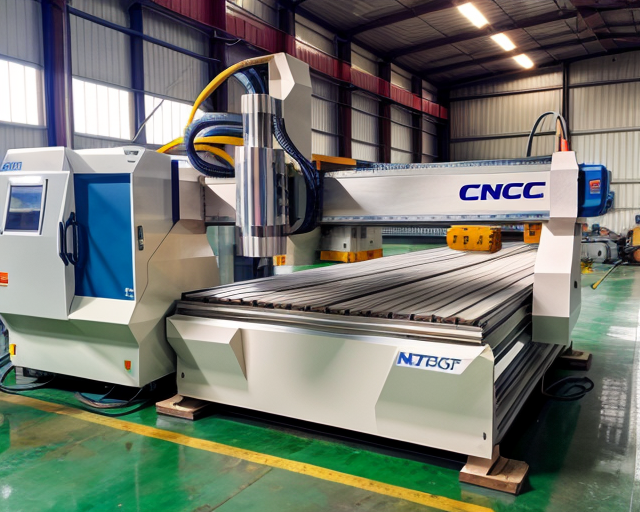When it comes to CNC machining projects, choosing the right material is vital for achieving optimal results. Among the various options available, bronze and brass are two commonly used metals. Each material possesses distinct properties that make them suitable for different applications. In this article, we will delve into the characteristics of bronze and brass, compare their strengths and weaknesses, and help you determine which material is better suited for your CNC machining project.Refer to this article to learn more.
Understanding Bronze:
Bronze is an alloy primarily composed of copper, with the addition of tin and other elements. It has a rich history dating back thousands of years, widely recognized for its strength, durability, and corrosion resistance. Bronze is often preferred for applications that require toughness and resistance to wear and tear. Its inherent characteristics make it an excellent choice for gears, bearings, bushings, and other components subject to heavy loads and friction. Additionally, bronze’s natural golden-brown color adds an aesthetic appeal, making it a popular choice for decorative purposes.
Exploring Brass:
Brass, another popular alloy, is composed of copper and zinc. It is known for its malleability, ductility, and excellent acoustic properties. Brass finds extensive use in applications where electrical conductivity is crucial, such as electrical connectors, terminals, and plumbing fittings. The material’s low friction characteristics also make it suitable for musical instruments, enabling smooth sound production. Brass exhibits a yellow hue and can be polished to a high shine, making it visually appealing for both functional and decorative applications.
Comparing Properties:
To determine the ideal material for your CNC machining project, it is essential to consider the specific properties of bronze and brass.
Strength and Hardness:
Bronze generally exhibits greater hardness and strength compared to brass. This makes bronze an excellent choice for applications requiring high strength and resistance to wear, such as heavy-duty machinery components. On the other hand, brass’s lower hardness allows for easier machining and shaping, making it suitable for intricate designs and applications where malleability is essential.
Corrosion Resistance:
Bronze is highly resistant to corrosion, particularly in marine and outdoor environments. This property makes it ideal for applications exposed to moisture, saltwater, or harsh atmospheric conditions. Brass, while less corrosion-resistant than bronze, still offers good resistance to tarnishing and atmospheric corrosion.
Machinability:
Brass is renowned for its excellent machinability. Its softer composition allows for smooth cutting, shaping, and intricate detailing during the CNC machining process. Bronze, being harder, may present more challenges in terms of machining complexity but offers superior durability in return.
Considerations for Your CNC Machining Project:
When deciding between bronze and brass for your CNC machining project, consider the following factors:
Application Requirements:
Evaluate the specific needs of your project. If high strength, durability, and resistance to wear are critical, bronze might be the preferred choice. Conversely, if electrical conductivity or ease of machining is paramount, brass would be a more suitable option.
Budget:
Consider the cost implications of each material. Brass is generally more cost-effective compared to bronze, which can be a deciding factor for projects with budget constraints.
Aesthetics:
The visual appeal of your project may also influence your choice. Bronze’s warm golden-brown hue adds an elegant touch, while brass’s distinct yellow color provides its own unique charm. Consider which material aligns best with your desired aesthetic outcome.
Conclusion:
Choosing between bronze and brass for your CNC machining project requires careful consideration of various factors, including application requirements, budget constraints, and desired aesthetics. Bronze offers superior strength, durability, and corrosion resistance, while brass provides excellent machinability and electrical conductivity. By understanding the unique properties and strengths of each material, you can make an informed decision that aligns with your project’s specific needs.
It is always recommended to consult with CNC machining experts or material suppliers to ensure the most suitable choice for your project. Their expertise and guidance can help you optimize the performance, durability, and overall success of your CNC machining project.
